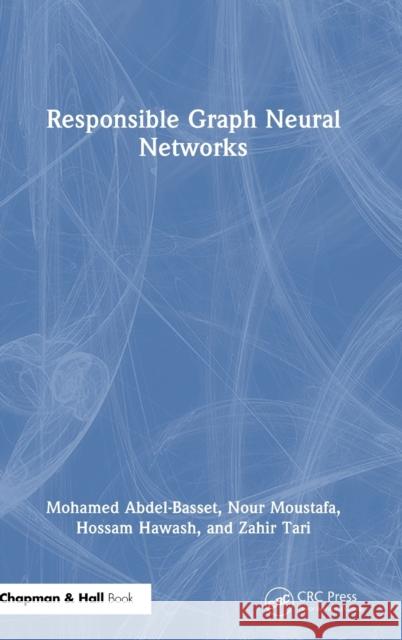Responsible Graph Neural Networks » książka
Responsible Graph Neural Networks
ISBN-13: 9781032359892 / Angielski / Twarda / 2023 / 330 str.
Responsible Graph Neural Networks
ISBN-13: 9781032359892 / Angielski / Twarda / 2023 / 330 str.
(netto: 403,29 VAT: 5%)
Najniższa cena z 30 dni: 377,75
ok. 16-18 dni roboczych.
Darmowa dostawa!
More frequent and complex cyber threats require robust, automated, and rapid responses from cyber-security specialists. This book offers a complete study in the area of graph learning in cyber, emphasizing graph neural networks (GNNs) and their cyber-security applications.Three parts examine the basics, methods and practices, and advanced topics. The first part presents a grounding in graph data structures and graph embedding and gives a taxonomic view of GNNs and cyber-security applications. The second part explains three different categories of graph learning, including deterministic, generative, and reinforcement learning and how they can be used for developing cyber defense models. The discussion of each category covers the applicability of simple and complex graphs, scalability, representative algorithms, and technical details.Undergraduate students, graduate students, researchers, cyber analysts, and AI engineers looking to understand practical deep learning methods will find this book an invaluable resource.
More frequent and complex cyber threats require robust, automated, and rapid responses from cyber-security specialists. This book offers a complete study in the area of graph learning in cyber, emphasizing graph neural networks (GNNs) and their cyber-security applications.
Three parts examine the basics, methods and practices, and advanced topics. The first part presents a grounding in graph data structures and graph embedding and gives a taxonomic view of GNNs and cyber-security applications. The second part explains three different categories of graph learning, including deterministic, generative, and reinforcement learning and how they can be used for developing cyber defense models. The discussion of each category covers the applicability of simple and complex graphs, scalability, representative algorithms, and technical details.
Undergraduate students, graduate students, researchers, cyber analysts, and AI engineers looking to understand practical deep learning methods will find this book an invaluable resource.











